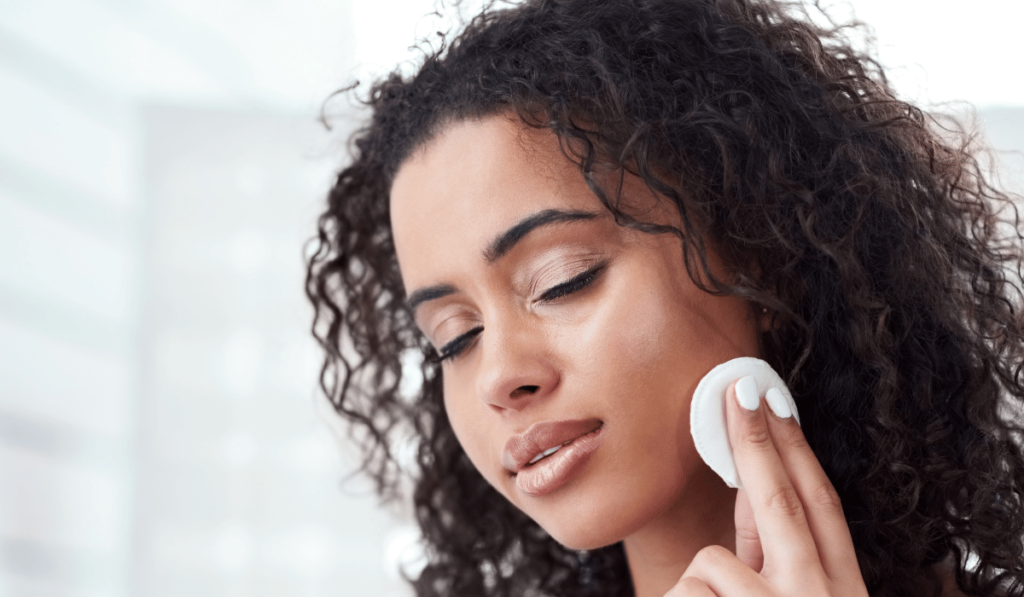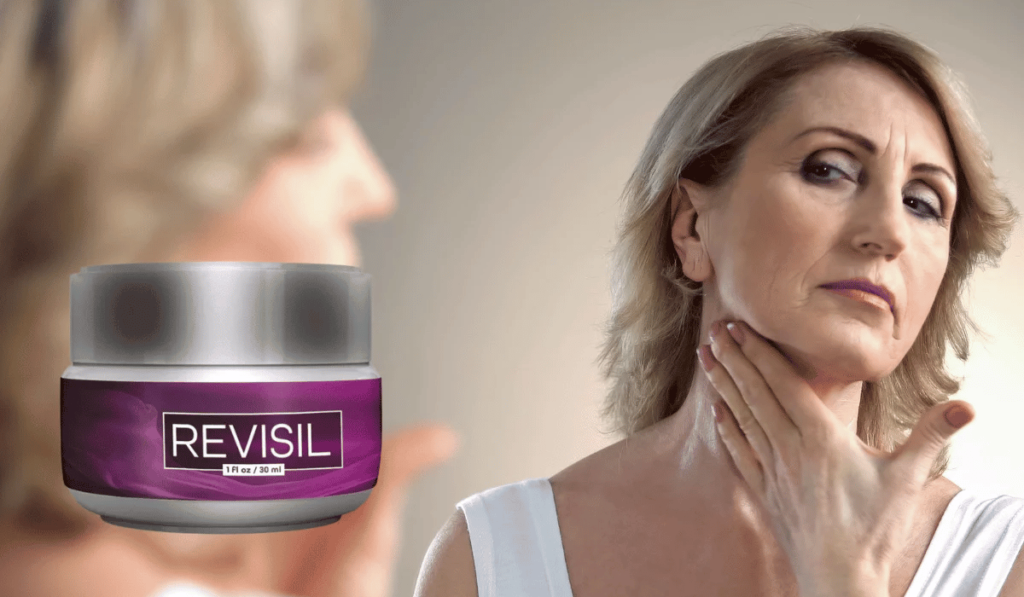Ensuring proper protection year-round is crucial for maintaining your skin’s health and preventing long-term damage. Many people only associate sunscreen with the summer months, but the truth is that harmful UV rays are present even in the winter. By applying sunscreen daily, regardless of the season, you can protect yourself from skin cancer and premature aging. It’s important to look for a broad-spectrum sunscreen with at least SPF 30 and to reapply every two hours for optimal protection. Don’t make the mistake of underestimating the importance of sunscreen in your everyday routine, because it truly is the key to maintaining healthy, youthful skin.
Key Takeaways:
- Sunscreen is crucial for protecting your skin from harmful UV rays all year round, not just in the summer months.
- Regular use of sunscreen can help prevent skin cancer, premature aging, and other harmful effects of sun exposure.
- It’s important to choose a broad-spectrum sunscreen with a minimum SPF of 30 and to reapply it every two hours when spending time outdoors.
Sunscreen Essentials
The use of sunscreen is crucial for protecting your skin from harmful UV rays all year round. Using the right sunscreen can help prevent sunburn, and premature aging, and reduce the risk of skin cancer. When it comes to choosing the right sunscreen, there are a few essentials to keep in mind.
Types of Sunscreen
There are two main types of sunscreen – physical and chemical. Physical sunscreens contain active mineral ingredients such as titanium dioxide and zinc oxide that sit on the surface of the skin and reflect UV rays. Chemical sunscreens, on the other hand, contain organic compounds that absorb UV rays and convert them into heat, then release that heat from the skin. Both types of sunscreen provide protection, but if you have sensitive skin, physical sunscreen may be a better option as it is less likely to irritate.
- Physical sunscreen – contains titanium dioxide and zinc oxide
- Chemical sunscreen – contains organic compounds
The choice between the two types of sunscreen ultimately comes down to your skin type and any sensitivities you may have. The physical sunscreen is generally considered to be suitable for all skin types, including sensitive skin.
SPF Explained
SPF stands for sun protection factor, which measures a sunscreen’s ability to protect your skin from UVB rays, the type of radiation that causes sunburn and skin damage. The higher the SPF number, the greater the level of protection it provides. For example, a sunscreen with an SPF of 30 will allow you to stay in the sun 30 times longer before getting sunburned compared to not wearing any sunscreen. However, it’s important to note that no sunscreen can offer 100% protection, so reapplying regularly and seeking shade when the sun is at its strongest is essential for protecting your skin.
Seasonal Skin Care
Your skin faces different challenges throughout the year, and it’s essential to adjust your skincare routine to accommodate these changes. From harsh UV rays in the summer to cold, dry air in the winter, your skin needs protection and nourishment all year round.
Protecting Skin in the Summer
During the summer months, the sun’s harmful UV rays are at their strongest, posing a significant threat to your skin. Without proper protection, you are at risk of sunburn, premature aging, and even skin cancer. It’s crucial to apply a broad-spectrum sunscreen with at least SPF 30 every day, even when it’s cloudy, to shield your skin from the damaging effects of the sun.
Winter Skin Challenges
When winter rolls around, the cold, dry air can take a toll on your skin, leaving it feeling dry, flaky, and tight. Indoor heating further exacerbates these issues, resulting in compromised skin barrier function. To combat these winter skin challenges, you should opt for a rich, hydrating moisturizer to lock in moisture and protect your skin from the harsh elements.
The Science of Sunscreen
After the intro, you might be wondering about the science behind sunscreen and how it protects your skin. Sunscreen works by using a combination of organic and inorganic active ingredients to block or absorb the harmful UV rays from the sun. These active ingredients are formulated to create a barrier that prevents UV rays from penetrating and damaging the skin.
How Sunscreen Works
When you apply sunscreen, the active ingredients form a protective layer on your skin that either reflects, scatters or absorbs the UV rays. Chemical sunscreens contain compounds that absorb the UV rays and convert them into heat, which is then released from the skin. On the other hand, physical sunscreens contain particles like zinc oxide or titanium dioxide that reflect and scatter the UV rays away from the skin, providing a physical barrier against sun damage.
Innovative Sunscreen Technologies
Advancements in sunscreen technologies have led to the development of innovative products that offer better protection and improved wearability. Some sunscreens now utilize encapsulated UV filters that are released upon exposure to sunlight, providing extended protection. Additionally, there are sunscreens with antioxidant ingredients that neutralize free radicals generated by UV exposure, further enhancing their protective capabilities.
Application and Best Practices
To ensure maximum effectiveness, applying sunscreen correctly is crucial. Proper application and following best practices will help protect your skin from harmful UV rays, reducing the risk of sunburn, premature aging, and skin cancer.
Proper Sunscreen Application
When applying sunscreen, it’s important to use enough to adequately cover your entire body. The general recommendation is to use about 1 ounce, or a shot glass full, for the entire body. Apply it at least 15 minutes before going outside, and reapply every two hours, or more frequently if you’re sweating or swimming. Don’t forget commonly overlooked areas such as the ears, back of the neck, tops of the feet, and any bald spots if you have short hair. Remember to apply lip balm with SPF to protect your lips as well.
Other Protective Measures
In addition to using sunscreen, there are other measures you can take to protect your skin from the sun’s harmful rays. Seek shade during the sun’s peak hours, usually between 10 a.m. and 4 p.m. Wear protective clothing, such as a wide-brimmed hat, sunglasses, and lightweight, long-sleeved shirts and pants. Remember that the sun’s rays can still penetrate through clouds, so it’s important to protect your skin even on overcast days. Remember, properly applying sunscreen and taking other protective measures can significantly reduce your risk of sun damage and skin cancer. Always remember to take the necessary precautions to protect your skin, and make using sunscreen a non-negotiable part of your daily routine.
Protecting Your Skin All Year Round – The Importance of Sunscreen
Presently, it cannot be overstated how crucial it is to protect your skin from the harmful effects of the sun all year round. Sunscreen is your first line of defense against skin damage, premature aging, and potential skin cancer. By making sunscreen application a part of your daily routine, you are taking proactive steps to safeguard your skin and maintain its health and vitality. Remember, even on cloudy or overcast days, harmful UV rays can still penetrate through the clouds and cause skin damage. Therefore, incorporating sunscreen into your daily skincare regimen is a non-negotiable practice for maintaining healthy, youthful-looking skin.
FAQ
Q: Why is it important to wear sunscreen all year round?
A: Sunscreen is essential all year round because UV rays from the sun can damage the skin, leading to premature aging, sunburn, and an increased risk of skin cancer. Even on cloudy days, UV rays can still penetrate the skin, so wearing sunscreen daily is crucial for protecting your skin.
Q: What type of sunscreen should I use?
A: Look for a broad-spectrum sunscreen that protects against both UVA and UVB rays with an SPF of at least 30. Choose a water-resistant sunscreen if you will be swimming or sweating. Additionally, consider your skin type and any allergies or sensitivities when selecting a sunscreen formula.
Q: How should I apply sunscreen for maximum effectiveness?
A: Apply sunscreen generously to all exposed skin, including the face, neck, ears, and any other areas that may be exposed to the sun. Be sure to apply sunscreen at least 15 minutes before going outside and reapply every two hours, or more often if swimming or sweating. Don’t forget to apply sunscreen on cloudy days and during winter months as well. Remember to also protect your lips with a lip balm containing SPF.





